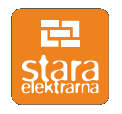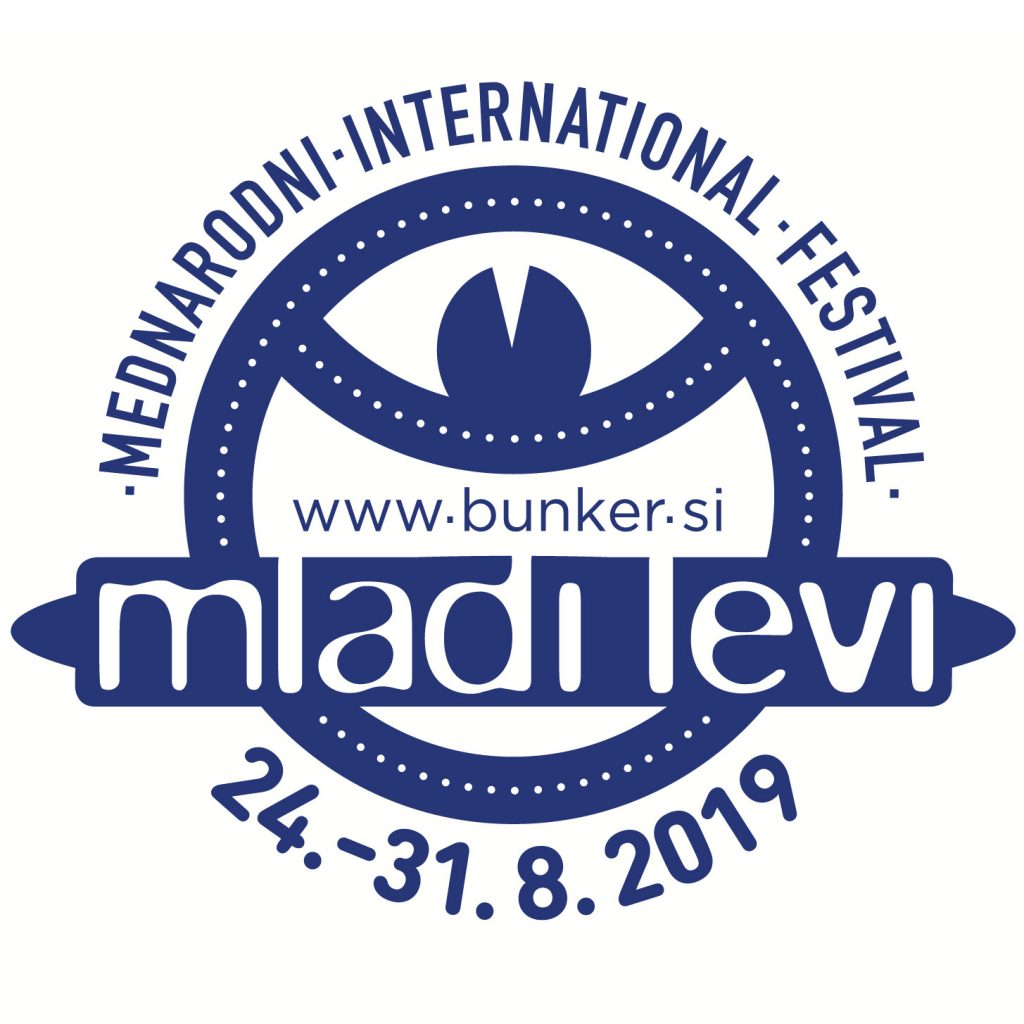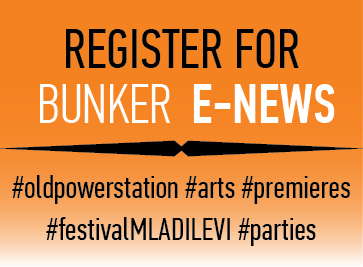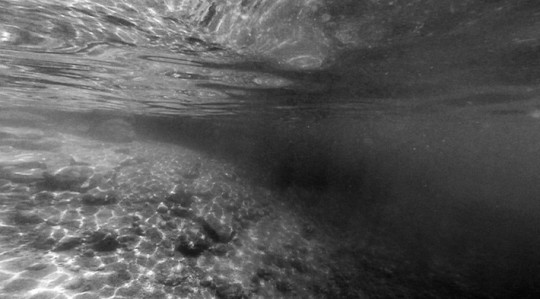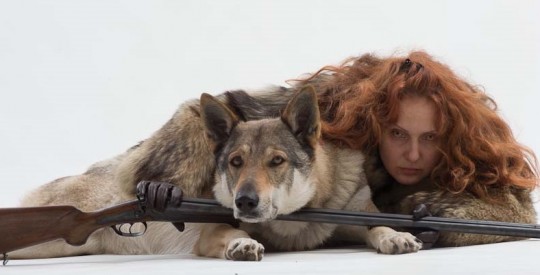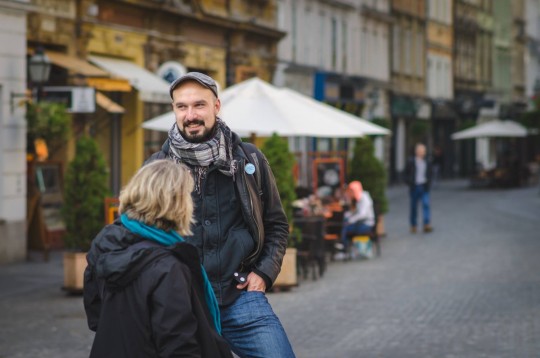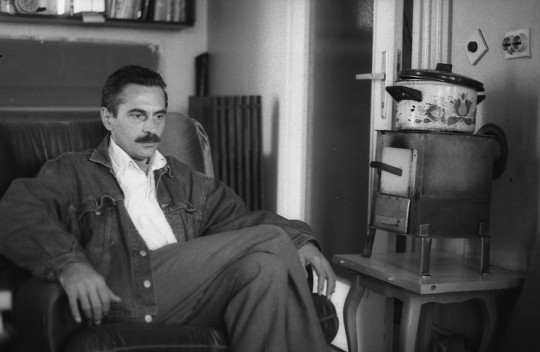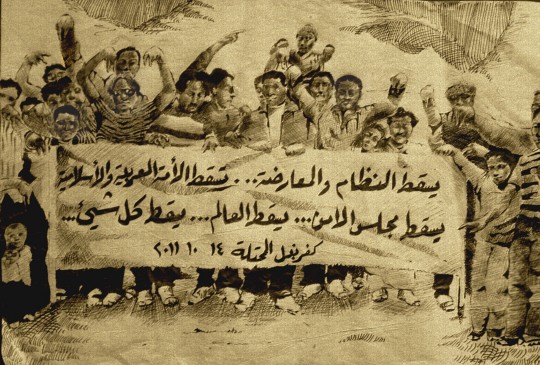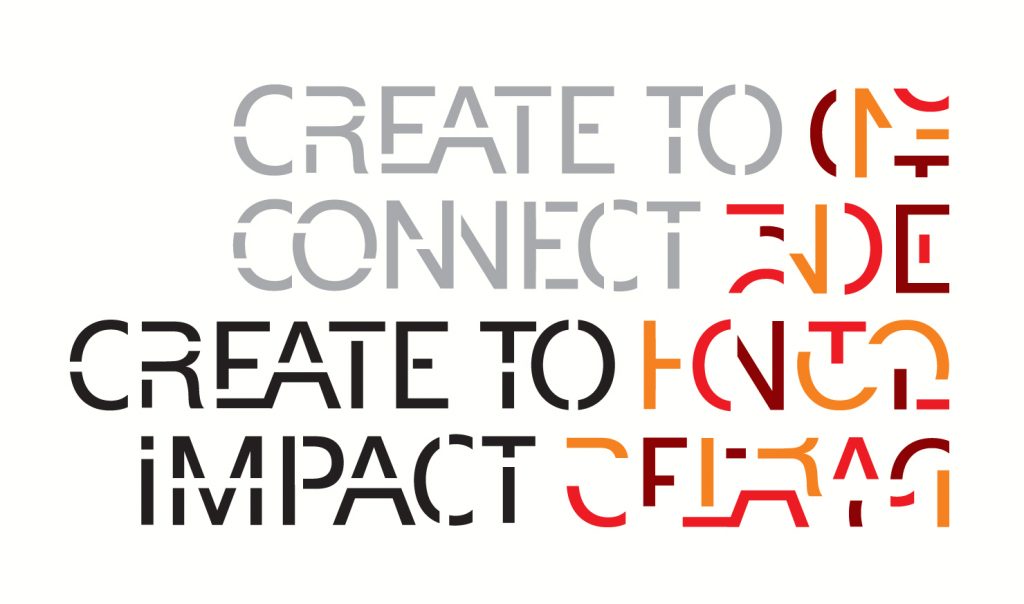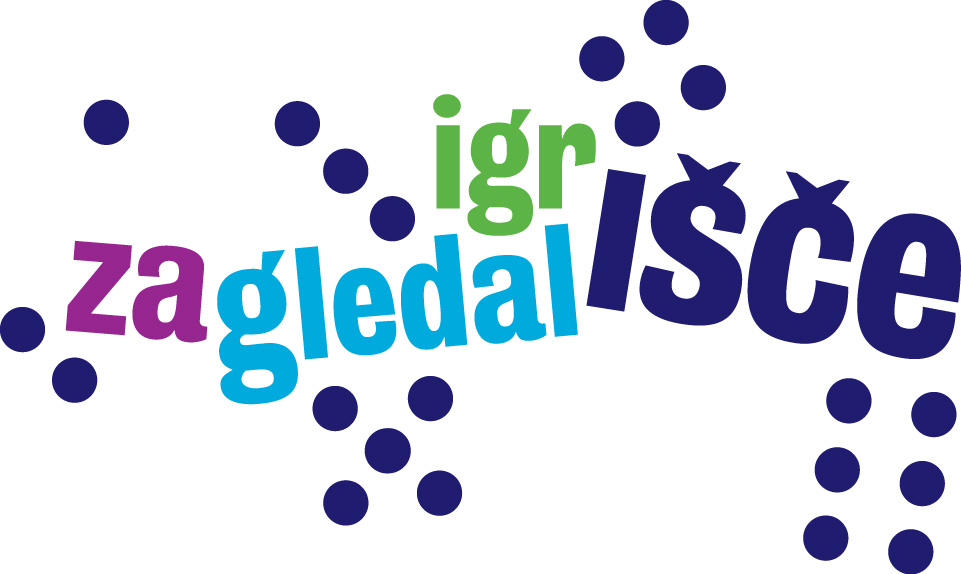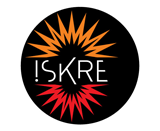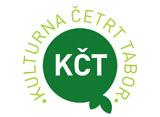Landezine LIVE #3
Landezine LIVE is a series of lectures that cast light on the issue of spatial design from different viewpoints. It welcomes relevant foreign and national lecturers from different areas to present their contributions. (more…)
Inštitut za delavske študije: Work and Technology
With all the possibilities for a global systemic disaster – or serious break, at least – available today, the most fascinating one is the one inherent to the dynamics of capitalism: the constant transformation of economy as a result of the demand for a rationalizing introduction of new technologies. And this very demand must be followed by the articulation of the political Left. (more…)
FLANDERS – BALKAN EXPRESS
The field of art and culture has always been one of the most proactive pillars of society. Culture can be a powerful factor of social regeneration, contributing to raising awareness and sensibilizing about important social issues. Through engagement and participatory art practices, it promotes cooperation and contributes to the empowerment of people, who in turn help build engaged and professional communities. (more…)
Robertina Šebjanič, Victoria Vesna & James K. Gimzewski: SUBAQUATIC SOUND SCAPE
Friday, August 26th, 15.00–16.30
Foyer of the Old Power Station – Elektro Ljubljana
In the entrance hall of Stara mestna elektrarna, Robertina Šebjanič will set up her Subaquatic Soundscape, an installation that immerses visitors in the underwater sounds of the ocean recoded by the artist using a hydrophone across different seas. With her project Robertina Šebjanič brushes aside the veil of anthropocentric certainty that cannot see (or hear) beyond its own world, presenting the wealth of sounds found below the surface of the sea, in many ways even richer than those heard above water.
At the conference Robertina will, together with Victoria Vesna and James K. Gimzewski, illuminate subjects addressed by the installation, such as the problems of noise and sound pollution affecting the seas and oceans, as well as other factors of pollution, from the nano-level of various toxins and plastic particles to the macro-level of global situations threatening the seas in the age of Anthropocene.
Robertina Šebjanič is an inter-media artist whose works address the relationships between art, science and technology. In recent years, she’s been focusing on living systems in particular. Her artistic exploratory processes result in audiovisual performances and sound art, as well as complex submersible configurations / installations.
Victoria Vesna is a professor at the UCLA and the director of the Art|Sci centre at the School of the Arts and California Nanosystems Institute (CNSI). For decades, she has been engaged in the field of marine ecosystems and the research of the impact of environmental change on our planet. She is also the co-founder of the website waterbodies.org.
James K. Gimzewski is a physicist who pioneered research on electrical contacts with single atoms and molecules and light emission using scanning tunneling microscopy. He is a Distinguished Professor of Chemistry at the University of California, Los Angeles; Faculty Director of the Nano & Pico Characterization Core Facility of the California NanoSystems Institute; Scientific Director of the Art|Sci Center and Principal Investigator and Satellites Co-Director of the WPI Center for Materials NanoArchitectonics (MANA) in Japan. He is a Fellow of the Royal Society.
Maria Lucia Cruz Correia: THE AGE OF POST-ANTHROPOCENE: EVOLUTIONARY PERSPECTIVE ON FUTURE LAW REGARDING CLIMATE CHANGE
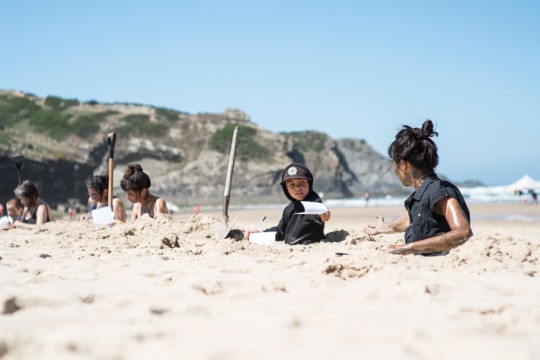 Photo: archive of Maria Lucia Cruz Correia
Photo: archive of Maria Lucia Cruz Correia
Saturday, August 27th, 17.00–18.30
Ljubljana City Municipality, conference room
Have humans permanently changed the planet? Do we need new legislation to adapt to a post-anthropocentric era? Applying the score/scheme to a juridical case, if we could legally propose a new agreement regarding nature and the environment, the »crime« being ecocide, who would be the victims? Humans and/or nonhumans? Who are the perpetrators? Who the witnesses? How can we assuage climate crises by adding new laws to the constitution?
Maria Lucia Cruz Correia, together Katja Eman, addresses the topic of stepping out of the anthropocentric discourse, contemplating on the legislative aspects of the relationship between nature and man. Legislation is a form of a social contract, an agreement. However, a new agreement now appears to be in order, one under which voice is also given to living beings other than humans (beings that currently have no voice, at least not one humans are willing to hear). How do we devise such an agreement? Who constructs the new understanding of the relationship, who manages its regulation by law?
Portuguese artist Maria Lucia Cruz Correia graduated from Graphic Design, received her MA in Advanced Performance and Scenography studies and is enrolled in the Transmedia postgraduate program of Arts, Media and Multimedia at the LUCA School of Arts. Correia’s artworks are characterized by environmental awareness, frequently involving collaboration with professionals outside of art circles, most notably scientists and activists. Attempts to change paradigm take centre stage in her work: in her search for utopian healing, she proposes actions that merge with clinical questions concerning the human condition. She searches for tactics of participatory performance, creating her own platform of communal articulations of radical thinking on healing, coexisting and sharing.
Maja Smrekar: NEW DIMENSIONS OF THE “NATURAL”
Saturday, August 27th, 15.00–16.30
Animal Shelter Ljubljana (bus leaving at 14.45 from Stara mestna elektrarna – Elektro Ljubljana)
Artist Maja Smrekar explores and connects two overarching themes: parallel evolution in the relationship wolf – human – dog, and Earth’s sixth great extinction period. She addresses the paradigm of so called biopower, which involves a re-examining of the concept of life, through the discourses of hybrid kinship (D. Haraway) and the animalization of humans (Deleuze – Guattari, Agamben) that treat biotechnology, global economies and the ideologies of humanitarianism as derivatives of processes by which humanity is reaching the new dimensions of the “natural”. Since we live in a time where total control over (human) life is becoming a reality, discussion will examine whether humanity can still be considered within the paradigm of the Enlightenment, which recognized humans precisely for their distinctiveness from animals.
Maja Smrekar graduated at the Sculpture Department of the Academy of Fine Arts in Ljubljana, Slovenia and is currently finishing her MA at the New Media Department. Her interests are grounded in the phenomenology of perception and the concept of life. She has been collaborating with, among other institutions, the Kapelica Gallery in Ljubljana for the past eight years, and with the Institute Aksioma for the past five. In their production she’s been executing projects tying together the intersections between humanistic and natural sciences into interdisciplinary works of art. Maja Smrekar lives and works between Ljubljana, Slovenia and Berlin, Germany.
Discussion moderated by: Mojca Kumerdej
Mitja Velikonja & Sandi Abram: WHEN WALLS SPEAK: THE IDEOLOGY OF GRAFFITI AND STREET ART IN LJUBLJANA
Photo: Abram
Saturday, August 27th, 11.00–14.00
Prešeren Square
Recently, the Municipality of Ljubljana started a war against vandalism with its campaign »Take care of your city, it’s the only one you’ve got!«. Among other points, they urge inhabitants to report graffiti »vandalism« and perhaps suggest designated surfaces where the practice should be allowed. Instead of »hearing« what street artists and graffiti writers have to say, they’re being reduced to offenders or confined to controlled areas where freedom of art and expression is sponsored, monitored, in short, legal.
Sandi Abram and Mitja Velikonja will take us on a graffiti-walk around Ljubljana. They’ll guide us from graffiti to graffiti and – together with the audience – try to read or decipher messages from the particular piece. Besides the aesthetics, discussion will touch upon the political implications of these »urban frescoes« and, consequently, try to think about the ever-dubious nature of the relationship between art and political ideology on the streets: are graffiti merely reproducing or actually confronting current dominant ideologies, how/why/by whom are they (de)constructing them? Are these images signs of consent or dissent? How is, for example, the recent »refugee crisis« reflected in the streets? What do the graffiti tell us about the political landscape of Slovenia and its current issues? In short: what do the Ljubljana walls speak about?
Mitja Velikonja is a professor of Cultural Studies and chair of the Centre for Cultural and Religious Studies at the University of Ljubljana. His main areas of research include new transitional ideologies, subcultures and urban cultures, collective memory and post-socialist nostalgia. He is currently interested in the ideological dimensions and political potentials of contemporary graffiti and street art: from those sprayed by football fans to (anti)nostalgic ones, from graffiti battles of different sub-political groups to – in recent months – pro/anti-refugee ones.
Sandi Abram is a researcher in the field of graffiti and street art and the founder of the daily Ljubljana Graffiti Tour. His final thesis was »From graffiti to Graffiti: street creativity in the vice of incorporation practices«. He also co-edited a double issue of the Journal for the Critique of Science (Časopis za kritiko znanosti) on graffiti and street art. His research interests encompass the (re)appropriation of public spaces, contemporary journey(wo)men and craft, non-institutional artistic and artivism practices, with a special focus on urban creativity and street cultures.
BREAKFASTS WITH THE ARTISTS
Hanging out with local artists is the perfect way to discover the local art scene. What better atmosphere than a breakfast table conversation?
Join us for breakfast!
Photo: Urška Boljkovac 
Saturday, August 27th, 9.30–10.45
prostoRož collective: Breakfast in the Library of Things, Meeting point: hotel Park
The prostoRož collective engage in making public spaces as pleasant and friendly as possible, especially for the locals. Part of their strategy in the Savsko neighbourhood is running a “Library of Things”. Breakfast on-site will introduce a day in this library without books – only tools, toys, kitchen appliances, gizmos and gadgets; offering also a glimpse into prostoRož’s activities and future plans.
Kitch: Breakfast in the Tabor Park, Meeting point: park Tabor
Since 1999, the tandem Kitch has been resisting categorization, shifting between performance, theory and trash aesthetics. In their last performance Oath (Prisega) they swear by the strategy of coffeehouse theatrics. On the morning of the second conference day, Kitch invites you to a vegan breakfast in the Tabor Park, where consequences of previous day’s revelries may be cured and a fresh morning started in the company of the veteran artists, thinkers, activists, chefs …
Helena Tahir: Breakfast in DobraVaga – Art by the Pound, Meeting point: DobraVaga
Helena Tahir is a young visual artist whose main interests are printmaking, drawing, painting and analog photography; one of the Slovene artists to watch out for. For the past three months she’s been a resident of the open atelier at DobraVaga, a recently opened gallery where they sell art by the pound. Helena is inviting you for breakfast to her open atelier, right under Ljubljana’s biggest fresh market.
Mare, Olja & Veno Bulc: Breakfast at Home, Meeting point: Stara mestna elektrarna – Elektro Ljubljana
Mare Bulc is a Slovene theatre director and performer who likes to stride onto all kinds of stage terrains: from independent stages to repertoire theatres, from drama to projects where the team starts from scratch. Currently, he is directing a Ljubljana Puppet Theatre performance based on the legendary Slovene children’s story Secret Society PGC. Mare has two kids, 10-year-old Olja and 2-year-old Veno. The family invites you to their home for a traditional Saturday breakfast.
Registration: At info point in Stara mestna elektrarna. Reservations are mandatory.
Crvena: STATE OUT OF ORDER
Friday, August 26th, 17.00–18.00
DUM
Instability and insecurity seem to be among the unifying features of the contemporary human experience. With Naomi Klein’s doctrine of shock in mind, we can argue that the »state of emergency« has extended from the post-catastrophe reordering of political mythologies and power relations to an understanding that conditions characterizing the present state of affairs are different in nature, feeding upon a more general development of the world community. One way to characterize this is the erosion of the social orders that were traditionally established as national/state orders. Though the nation-state remains the dominant structure, states are being exposed as increasingly helpless in sustaining order, and populations and individuals find themselves in situations where maintaining social relations becomes something established precariously, in a manner necessarily fluid. In the covert lecture, using various methods, we examine the possible and counterintuitive ways in which social ordering may appear, and how it can be made into a force of change and emancipation, and thus a substitute for conservatism and oppression which have been articulated as parameters of the current dominant answer to global challenges.
Crvena (Red) is a Bosnian collective operating on the porous terrains of activism, theory, feminism, art, journalism and collective action.
“This isn’t a story about revolution, a political party, lipstick or whatever. RED is the only true colour, the first colour discovered by humanity. RED is the colour of fire and blood, of forceful emotion, the colour of love and alarm. RED is the colour of strength felt when working together, the energy that unites the lady artists, cultural historians, feminists, curators, photographers, engineers, economists, poets, singers, journalists, musicians and DJs, writers, sociologists, activists, and many other Bosnian and Herzegovian women of similar disposition in the CRVENA (RED) Association for Art and Culture.” (Danijela Dugandžić Živanović)
Tony Chakar: ON POSSIBILITIES, UNLEARNING, UNDOING
Photo: Tony Chakar’s archive
Friday, August 26th, 11.00–13.00
Union hall in Elektro Ljubljana
In the cacophony of political ideologies and narratives, we sometimes wonder what to believe, how to structure our world. But maybe we’re trying to find order or even »the truth« – and consequently solutions to our grave situations – on a false basis. Instead of searching for the right ideology, the right narrative, a mythology that will suit our belief system, we have to shatter everything and start from new premises. How can »the new« arise from constantly repeating »the old«? If – in this context – we think about art: perhaps it’s time we stopped thinking about it as a »mirror of society«, as the »producer of new narratives« and consider art as part of the system built on the same false grounds as everything else. Its potential lies in the denial of everything. The lecture will be allegorical, Chakar’s thought stemming from the analysis of Fairuz’s seemingly romantic song.
Tony Chakar is a Lebanese architect, artist and writer. He belongs to a generation of Lebanese artists and thinkers whose underlying themes of conflict between the current realities reflect upon the understanding how we see, how we are taught to see, and how we can unlearn what we were taught. His platform could be described as “memory as a performance practice”. His work involves ways of thinking that go beyond the traditional architectural focus, by incorporating literature, philosophy and theory.
Debate moderator after the lecture: Istvan Szakats

